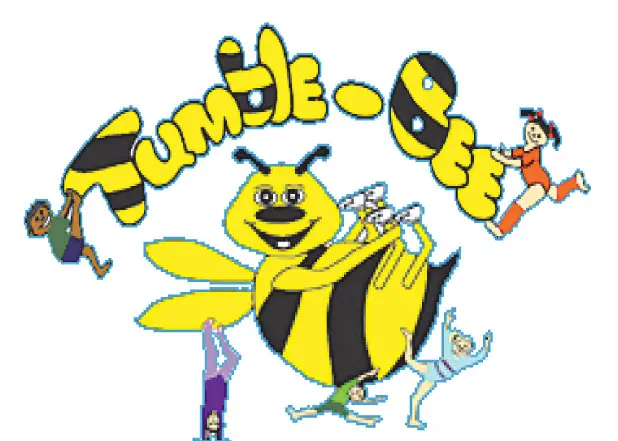Get the Best Family Activities
—If other parents offer to stay and help, and you know you could use the extra hand, accept the offer!
—If you’re throwing a party at home, and want to keep the crowd contained, rope off other areas with birthday banners. Kids will get the message and it will add an even more festive touch.
—If you're organizing games, make sure every kid leaves with a prize. You might also put new spins on old games by changing a few rules so that nobody gets “out”. Birthday parties should be fun, and every child should feel the spirit of the celebration.
—Plan more rather than fewer activities/craft projects. These always take less time that you’ve planned for. The idea is to keep ’em busy the whole time. Extra tip: Craft projects can become instant party favors.
—How long should the party run? An hour-and-a-half for tiny ones; two hours for pre-schoolers; two-and-a-half hours for school-age.
—Avoid party stress by buying party favor items/decorations throughout the year when you see them on sale.
—A group of kids in your house/apartment will leave a mess! Be prepared in your mind that this will happen. Bottom line: They are kids having fun — a great thing! And it only happens once a year (per child!)
—Head off end-of-party tussles by labeling goody bags with each child’s name. Make sure each bag contains identical loot. And present the goody bag as they're heading out the door — not a minute before!
—Expect that one or two parents will be late in picking up their children. Have a DVD handy and encourage a party cooldown time.
—Slumber parties can be difficult for parents. Flexibility is required. Expect that the kids will go to sleep very late. Make sure your child throws his on the eve of a lazy day. If it’s getting too late, inform them (while in your pajamas) that you’re going to join in — and watch how fast the lights are turned off, suggests Penny Warner, author of several party planning books.
Opportunities for learning
Kids want … a lot, and … when they see it. Suggesting they put the latest hot, “must-have” item on their birthday list is a great way for parents to respond fairly, and for kids to learn that certain purchases might be considered for special occasions like birthdays or holidays. But remember that kids have better memories than most parents! Make sure you make it clear from the outset that while it’s a great idea to compile their wish-lists throughout the year, they won't be able to receive every item on it.
And parents should avoid telling kids, “No, we can't afford that,” says Elizabeth Pantley, author of Perfect Parenting: The Dictionary of 1,000 Parenting Tips. She feels that this sends the message: You could have it if we could afford it. Better to explain that an item is overpriced, or that a similar item that costs much less is just as effective.
The party’s over
—Writing a ‘thank you’ note is a lesson kids won't learn on their own. Elizabeth Pantley advises: “Create a new family rule: You may only play with the gift after the thank-you note has been written. This will get the job quicker than anything else.”
—Hand-written notes only? Yes, say the etiquette experts. But most parents would agree: An email thank-you is better than no thank-you at all! (And it becomes special when a personal party photo is attached).
—Last word: Keep the focus on fun! After all, this event should be a true celebration of your special child.
—No, very last word: Now book yourself a massage — you deserve it!

.jpg)



